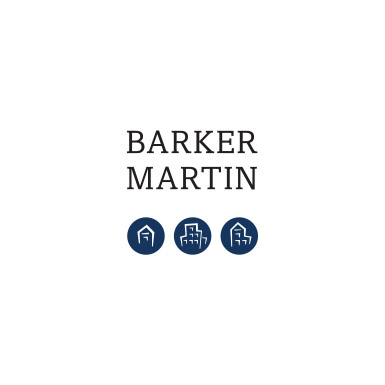Condo-HOA Blog
Hoarding...a Potentially Serious Issue for Community Associations
Hoarding can be a serious issue for community associations. “Hoarding” is described as the excessive acquisition of possessions (and failure to discard them), even if the items are worthless, hazardous or unsanitary. Hoarding can impair access or egress from units and creates health and safety hazards. Hoarding is becoming more prevalent in community associations and more boards of directors are facing questions about their responsibility to prevent hoarding or to address it once the obsession is discovered.
Associations need to be cautious about this issue for many reasons, not the least of which is that inspection of interior units always infringes on owners’ privacy interests. Associations should not undertake inspections of units merely because someone reported a mess. An owner who keeps a lot of old books is not necessarily a hoarder, and associations should avoid imposing their standards of cleanliness on others. An association should only get involved if there are clear signs of hoarding visible from the exterior of the unit or there are other life-safety or property concerns, such as fire hazards, odors, or rodent/insect infestation. If these signs are present, the association must decide how to investigate the issue, and the board must understand what authority it has under the governing documents.
As the association considers next steps, it should also keep in mind that hoarding can be a symptom of an underlying mental or behavioral disorder. Such a disability may trigger protections under the Americans with Disabilities Act, Fair Housing Act, or other federal or state laws, and the Association may be obligated to make reasonable accommodations before enforcing its rules. An association should tread carefully and consult with legal counsel before taking action.
A likely first approach will be to talk with the owner. In the best case, the owner will discuss the matter reasonably and will clean up the unit. Unfortunately, in an actual hoarding case, that is not likely. Another step the association can take is to reach out to any known family members to discuss the concerns in a confidential manner. If the hoarding is a symptom of a mental illness, the family members may be in a position to assist.
If those steps do not work, the association should look to its governing documents to understand the scope of its authority. Many governing documents contain requirements that owners maintain their units in a safe condition, and provide rights for the association to enter the unit for inspection or to address emergency situations. Even if the governing documents contain those rights, the association should contact a third party to conduct any inspection and should also provide the owner with reasonable notice of the inspection. Either the health department or the local fire department may be able to conduct the inspection. Having documented code violations will be important if the association needs to undertake any enforcement or legal action. The report of code violations can form the basis for enforcement of nuisance provisions in the governing documents. The association’s enforcement authority may include the ability to hire someone to clean up the unit and charge the cost back to the unit owner. In extreme circumstances, an association may have to seek injunctive relief from a court.
Regardless of the approach your association takes, it will be important to keep in mind the intricacies of this issue and to consult with the association’s legal counsel for direction.



